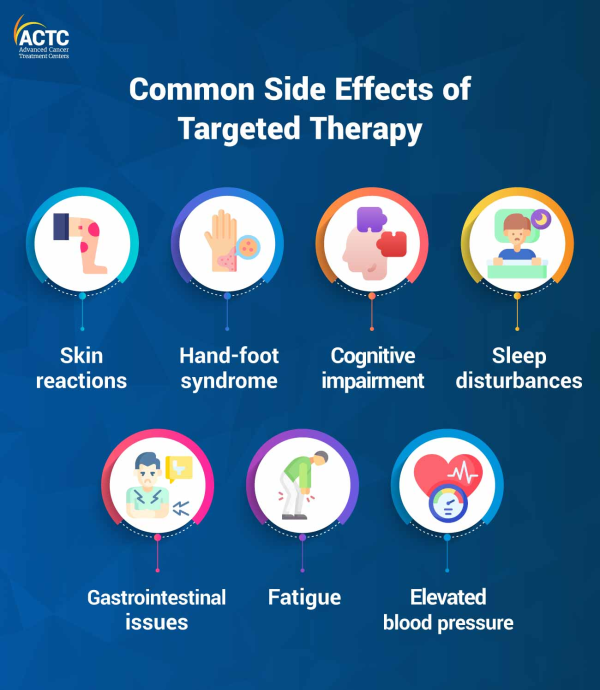| Side effects of colorectal cancer treatment vary depending on the type of treatment (surgery, chemotherapy, radiation, targeted therapy, immunotherapy) and the individual. Common side effects include fatigue, nausea, vomiting, diarrhea, constipation, pain, hair loss, mouth sores, changes in appetite, anemia, and infections. More serious side effects, though less common, can include nerve damage (neuropathy), kidney damage, heart problems, infertility, and secondary cancers. The severity and duration of side effects also vary greatly, with some being temporary and others potentially long-lasting. The side effects of colorectal cancer treatment depend heavily on the type of treatment received (surgery, chemotherapy, radiation therapy, targeted therapy, immunotherapy) and the individual's overall health. There's a wide range of possibilities, and some people experience few or mild side effects, while others experience more severe ones.
Surgery: - Short-term: Pain, infection, bleeding, constipation, diarrhea, nausea, vomiting, ileus (bowel obstruction), wound complications, fatigue. The severity depends on the extent of the surgery (e.g., laparoscopic vs. open surgery, extent of bowel resection). A colostomy or ileostomy (creation of a temporary or permanent opening in the abdomen for bowel drainage) can also lead to further issues.
- Long-term: Changes in bowel habits (diarrhea, constipation, urgency), adhesions (scar tissue that can cause bowel obstruction), hernia, sexual dysfunction (if pelvic surgery involved).
Chemotherapy: - Common: Nausea, vomiting, diarrhea, constipation, fatigue, hair loss (alopecia), mouth sores (mucositis), loss of appetite, anemia, neutropenia (low white blood cell count, increasing infection risk), thrombocytopenia (low platelet count, increasing bleeding risk), peripheral neuropathy (nerve damage, causing numbness, tingling, or pain in hands and feet).
- Less common but serious: Heart damage, kidney damage, liver damage, secondary cancers.
Radiation Therapy: - Common: Fatigue, diarrhea, nausea, vomiting, skin irritation (redness, burning, dryness, blistering), rectal bleeding or discomfort.
- Less common but serious: Damage to nearby organs (bladder, small bowel), radiation proctitis (inflammation of the rectum), fibrosis (scarring).
Targeted Therapy:
Side effects vary greatly depending on the specific drug used, but common ones include: - Fatigue, rash, diarrhea, nausea, vomiting, high blood pressure, hand-foot syndrome (pain, swelling, redness in hands and feet).
Immunotherapy: - Common: Fatigue, skin rash, diarrhea, nausea, vomiting, colitis (inflammation of the colon).
- Less common but serious: Immune-related adverse events (various organ-specific inflammation and damage), such as pneumonitis (lung inflammation), hepatitis (liver inflammation), nephritis (kidney inflammation), endocrine disorders, and neurological effects.
Important Note: This is not an exhaustive list, and the severity and type of side effects can vary considerably from person to person. It's crucial to discuss potential side effects with your oncologist or healthcare team before starting any treatment. They can help manage side effects and develop a treatment plan that minimizes risks while maximizing effectiveness. Early reporting of any side effects is important for appropriate management. 
Tags: Calcium Cavity Colorectal Polyps Genetic Aspect HCC Hepatocellular Carcinoma Hormonal Therapy Inflmmation Medication Rehabilitation Social Worker Surgeon Systemic Therapy Transportation


|
 1,197
1,197  0
0  0
0  3200
3200 